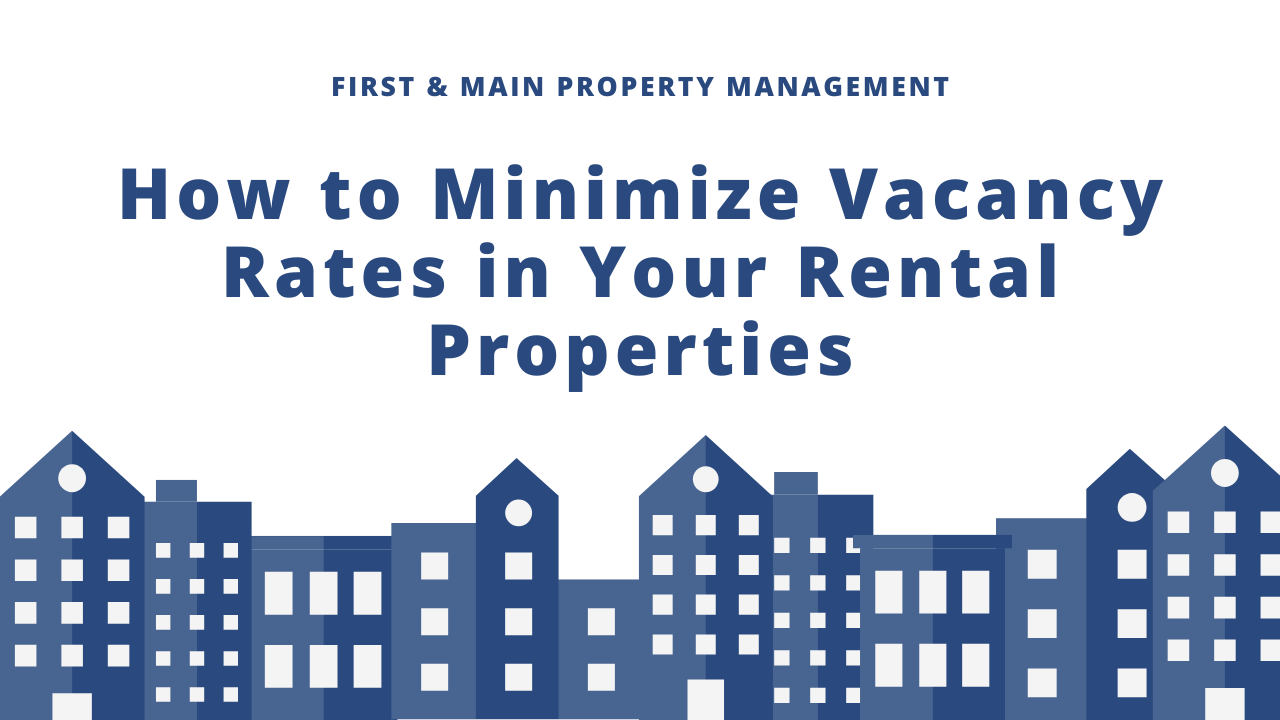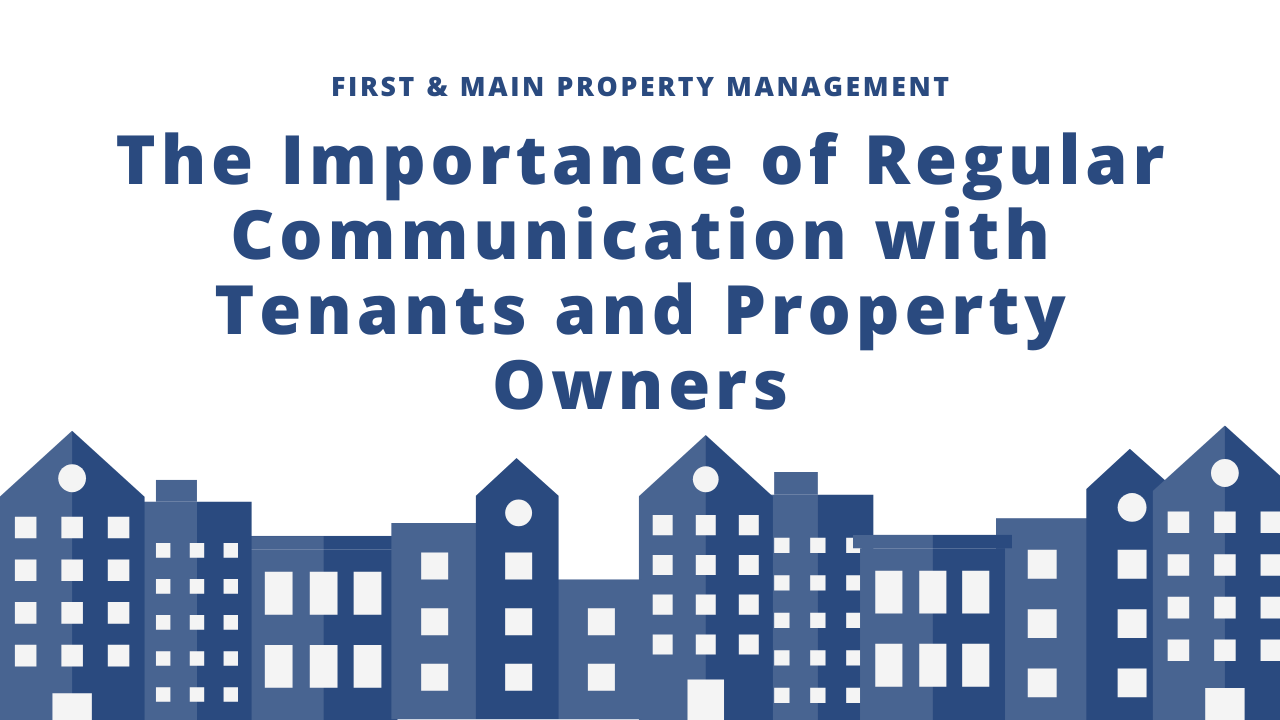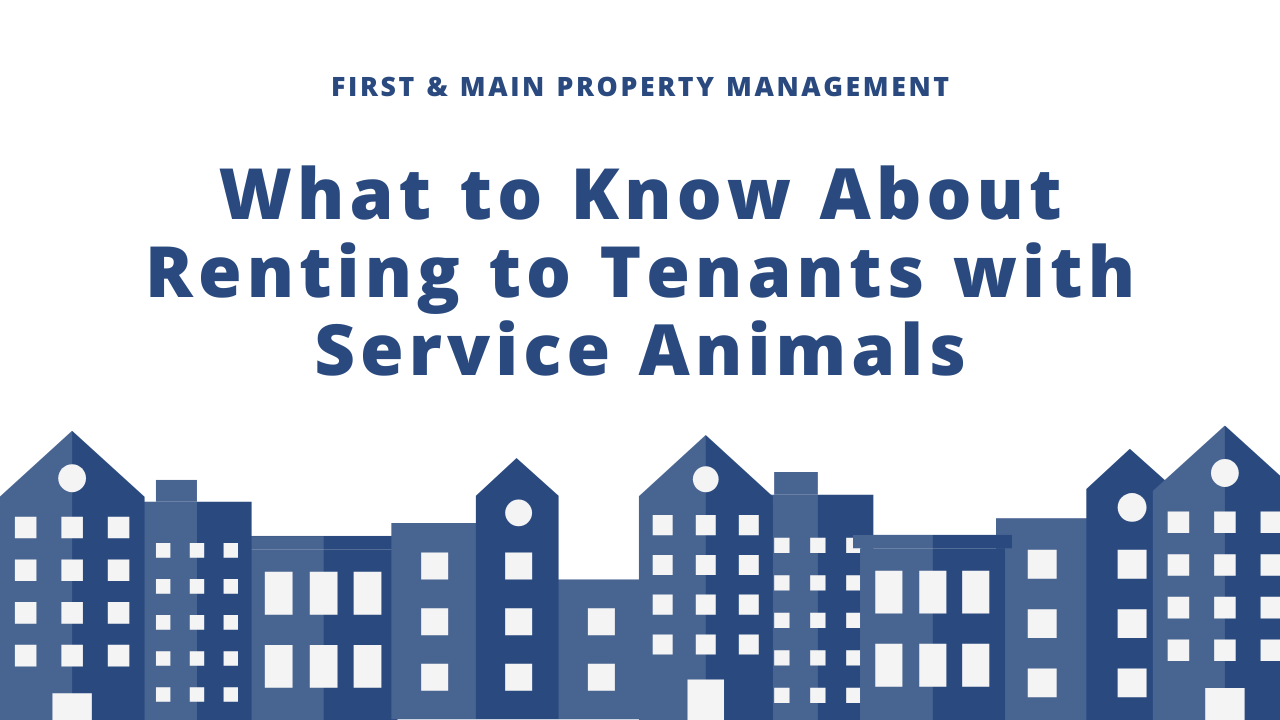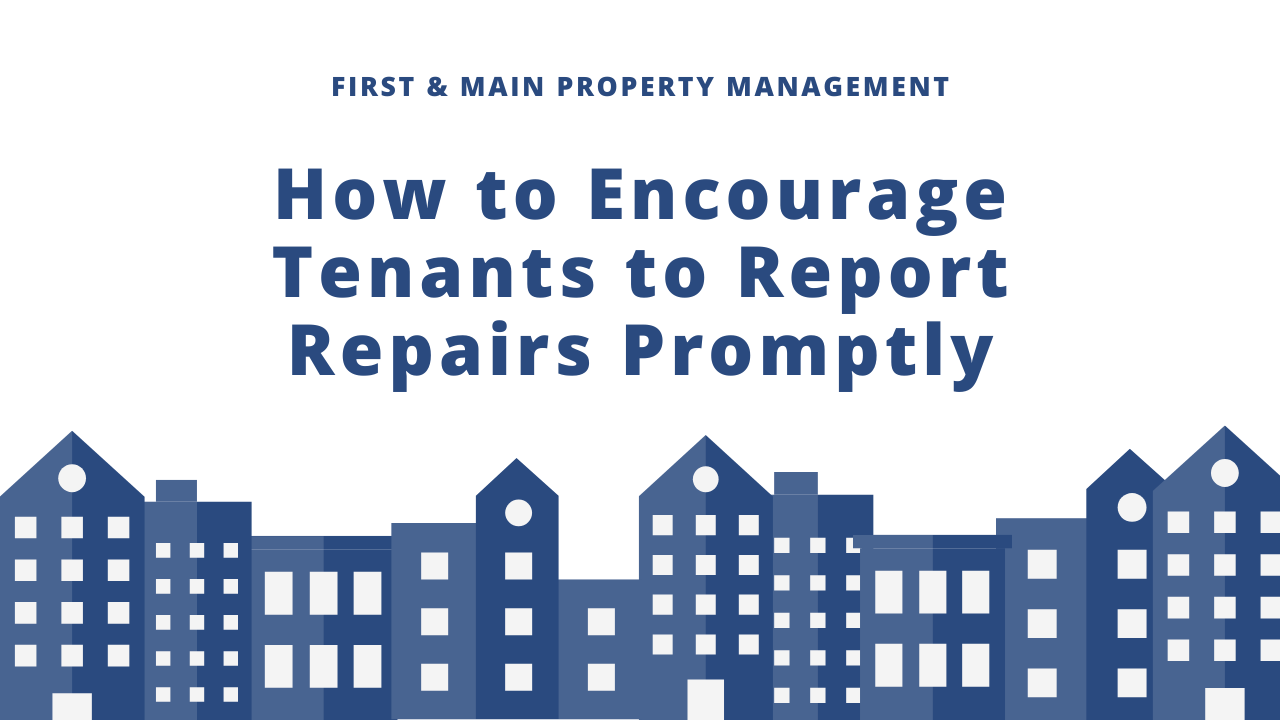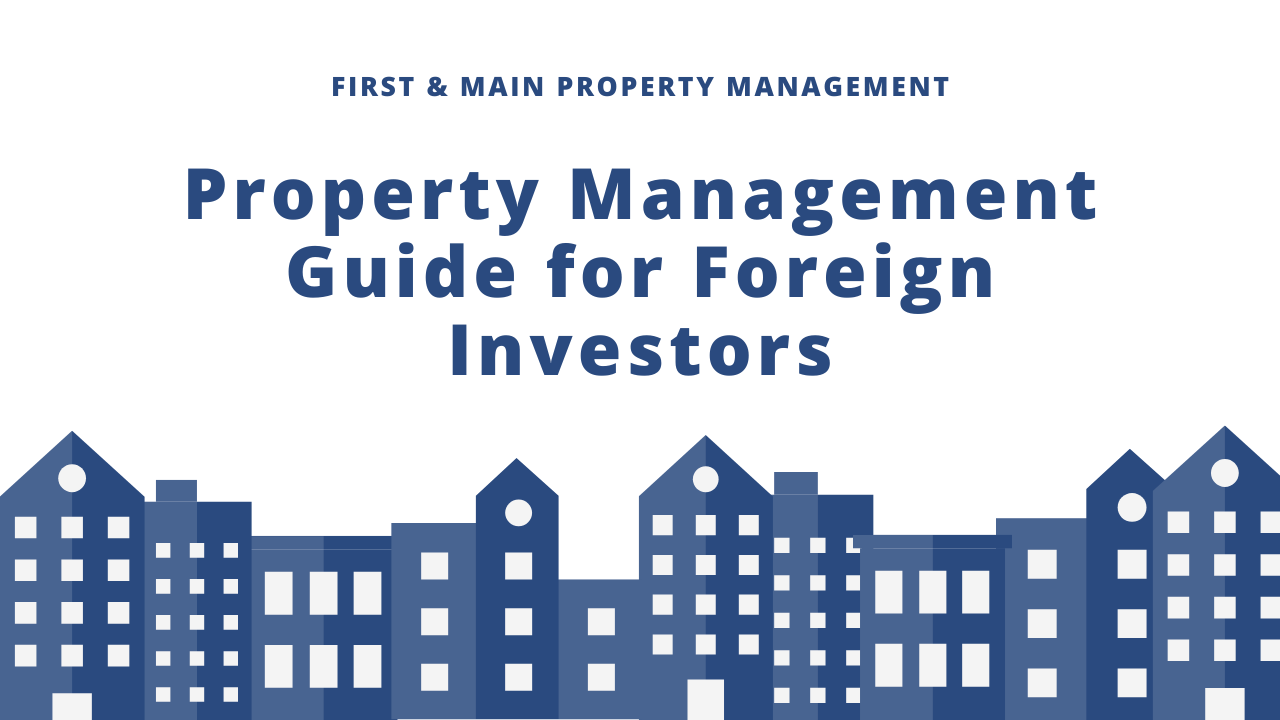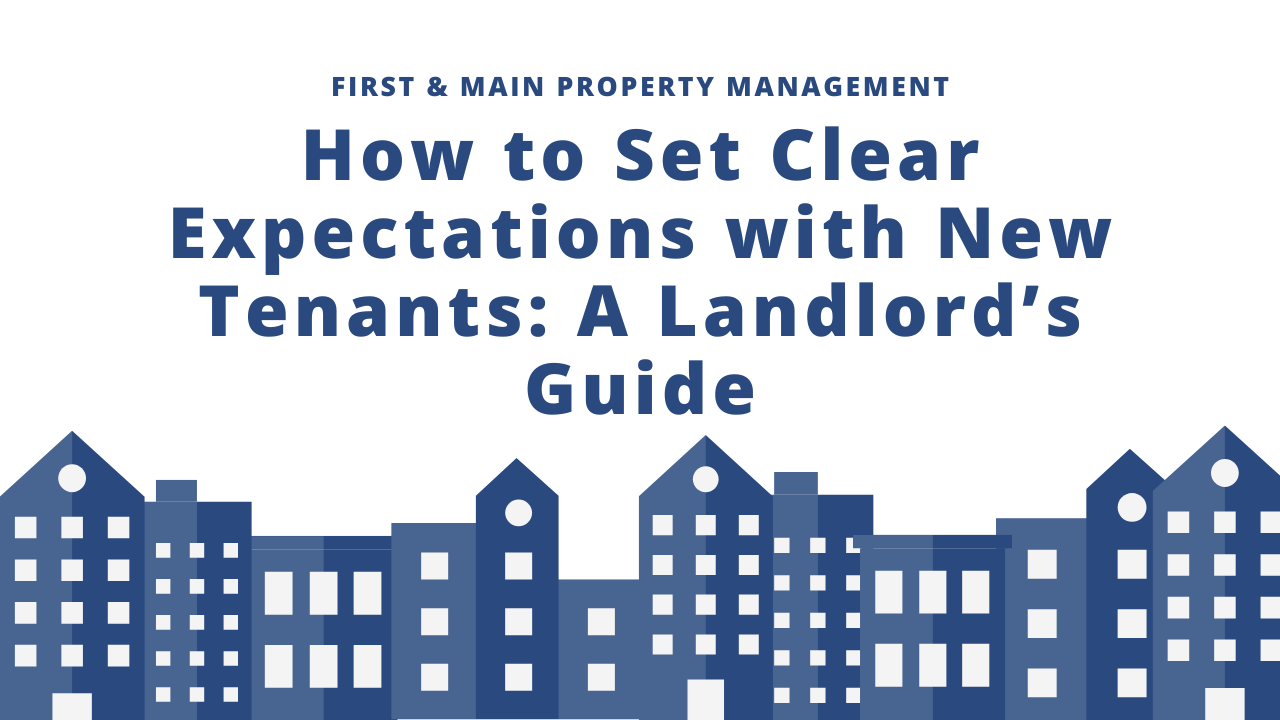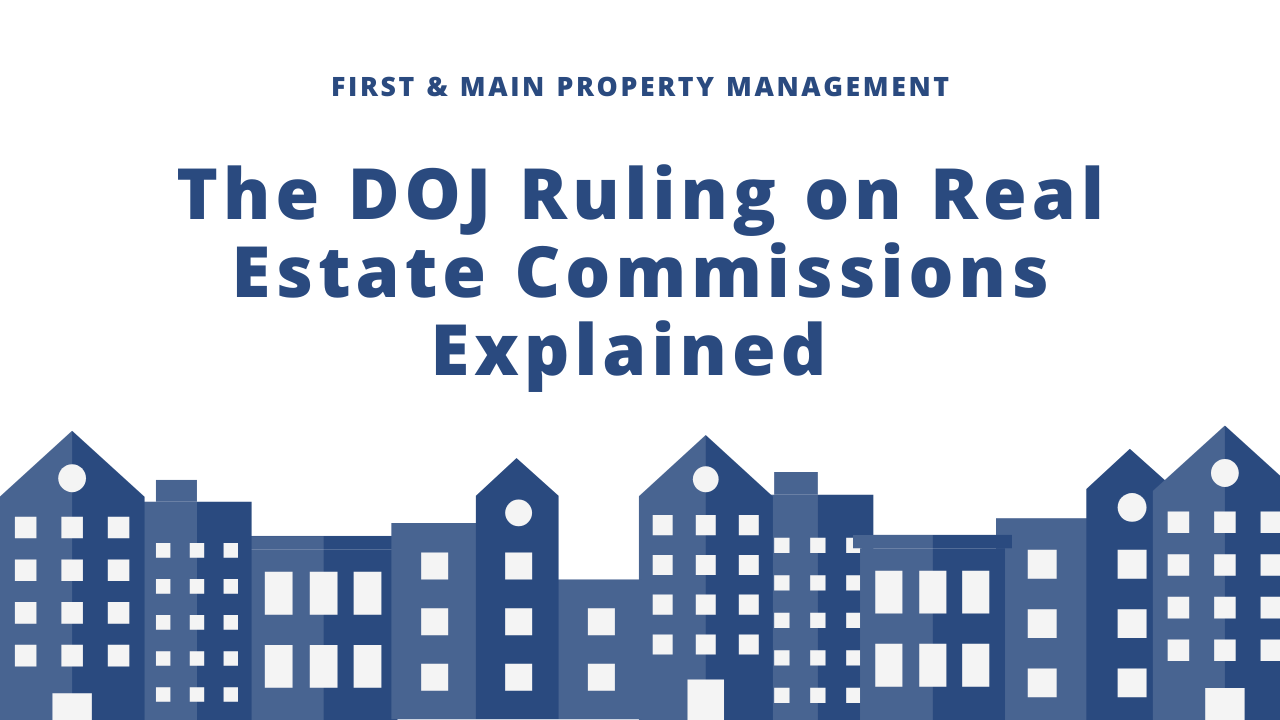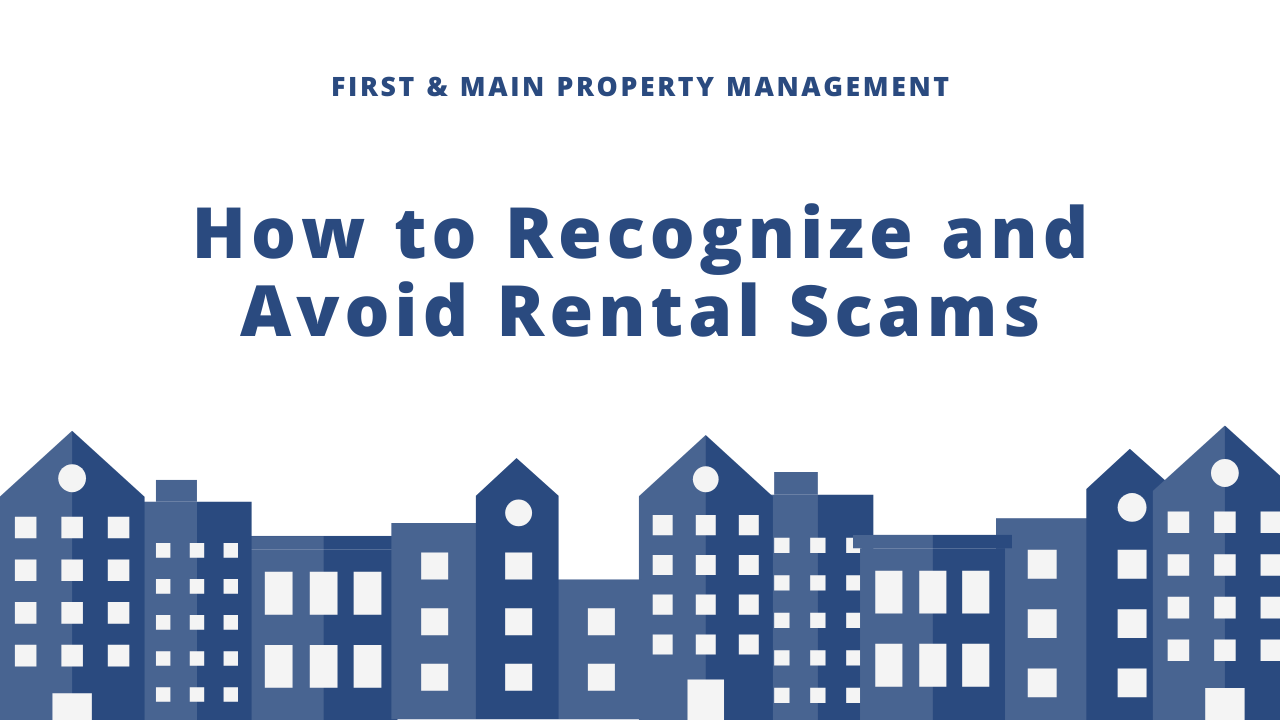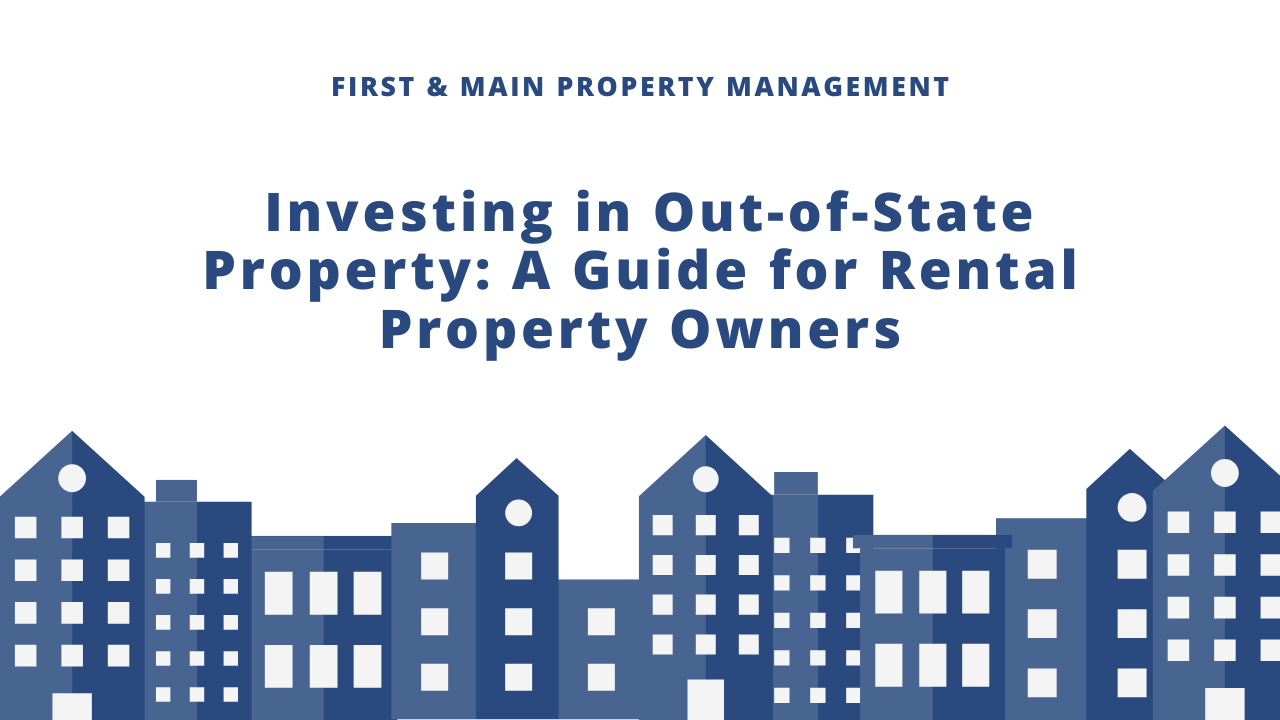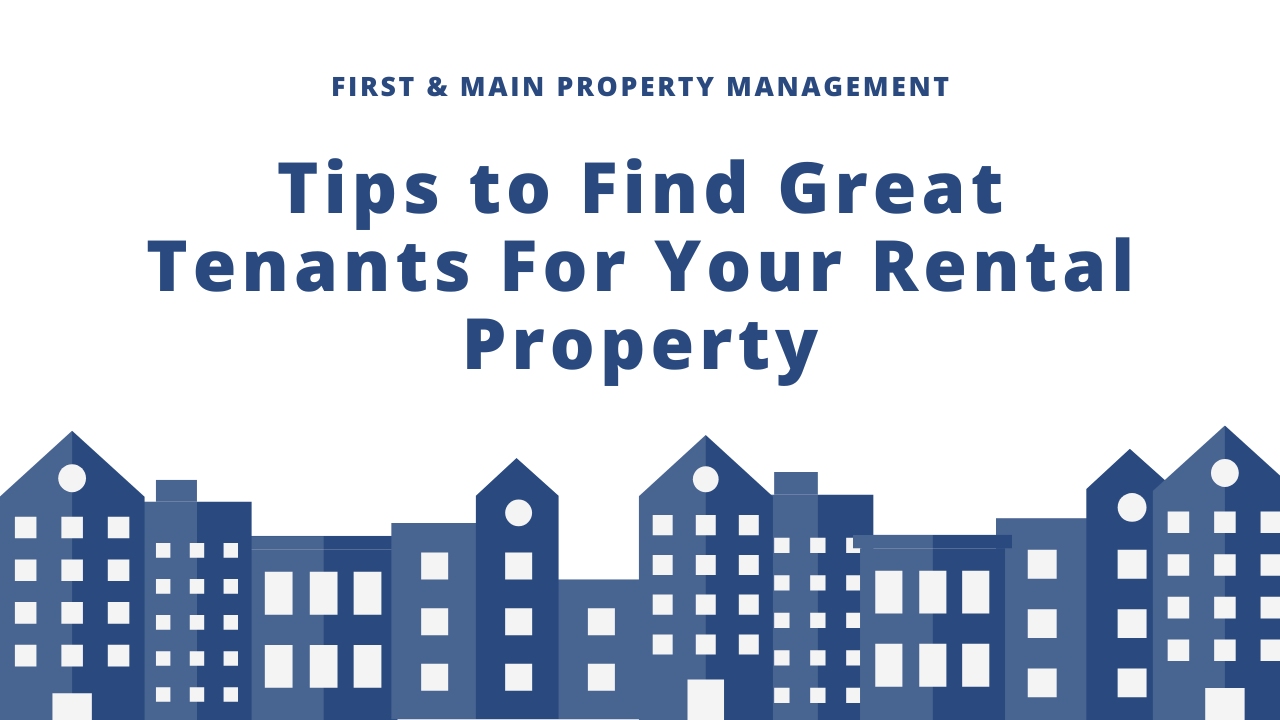Protecting Tenants Privacy Rights: All You Need To Know
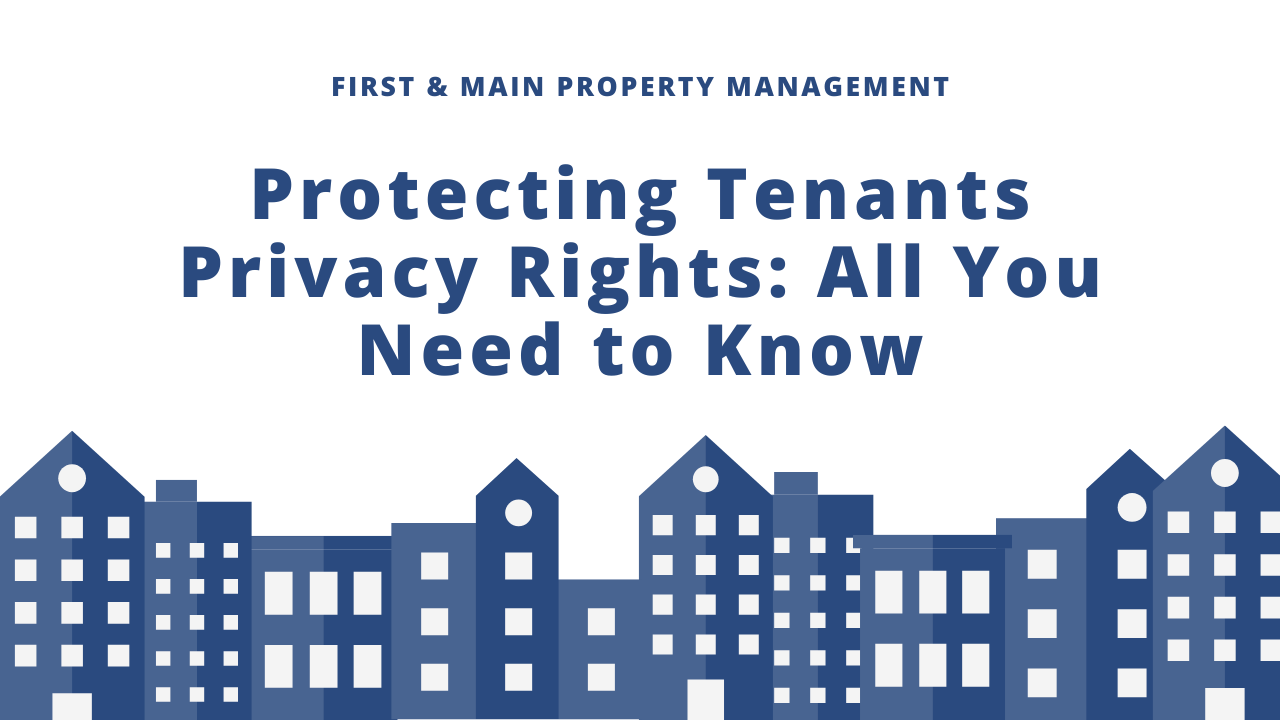
Key Takeaways
- Tenant Privacy Builds Trust: Respect privacy laws to retain tenants and avoid legal issues.
- Follow Entry Notice Rules: Always give 24-48 hours notice before entering a rental unit.
- Protect Data & Use Ethical Surveillance: Secure tenant information and use cameras responsibly to comply with privacy laws.
What if your tenant’s sense of security is shattered because their privacy is repeatedly violated?
At First & Main Property Management, we understand that maintaining tenant trust is essential for a successful rental business.
Tenant privacy isn't just a courtesy, it's a legal requirement. Failing to respect it can lead to legal issues, tenant complaints, and the risk of losing valuable renters.
By understanding and adhering to privacy laws, you ensure your tenants feel safe, secure, and valued, which in turn helps you protect your investment.
In this article, we’ll walk you through the critical aspects of safeguarding tenant privacy, so you can maintain positive relationships and keep your property management running smoothly.
Understanding Tenant Privacy Laws
Tenant privacy laws vary by location, but they generally outline a tenant’s right to live without unnecessary intrusion. These laws typically cover entry notices, personal data protection, surveillance, and noise disturbances.
Landlords who fail to comply with these regulations may face fines, lawsuits, or even eviction from their own rental business. It is important to research local and state laws to ensure compliance.
Ensuring the Right to Quiet Enjoyment
Every tenant has the right to quiet enjoyment, meaning they should be able to live in their rental unit without excessive noise, harassment, or unauthorized visits. This right extends beyond just avoiding disturbances, it includes freedom from excessive surveillance and unwanted interactions.
If tenants feel their privacy is constantly violated, they may withhold rent or terminate their lease early.

Providing Proper Notice Before Entry
Landlords cannot enter a rental property at will. Most jurisdictions require landlords to provide a specific amount of notice before entering a tenant’s unit, typically 24 to 48 hours in advance.
The notice must include the reason for entry, such as
inspections, maintenance, or showing the property to prospective tenants. Entry without proper notice can lead to legal disputes and
complaints from tenants.
Handling Emergency Access Situations
There are some exceptions to the notice rule. In emergencies, such as fire, flooding, or structural damage, landlords may enter without prior notice to protect the property and tenants.
However, this should only be done in urgent situations. After the emergency is resolved, the tenant should be informed about the entry and the reason for it.
Safeguarding Tenant Security and Personal Information
Landlords collect sensitive information from tenants, including Social Security numbers, bank details, and employment records. Mishandling this data can put tenants at risk of identity theft or fraud.
It is the landlord’s responsibility to store and dispose of this information securely, ensuring unauthorized individuals cannot access it.
Ethical Surveillance and Monitoring Practices
Surveillance cameras can help landlords protect their property, but they must be used ethically. Cameras should be placed only in common areas, such as hallways, entrances, and parking lots.
Installing cameras inside a tenant’s unit or pointing them directly at private spaces, like bedroom windows, is a violation of privacy laws. Landlords should also inform tenants if surveillance is in use and clarify its purpose.

Upholding Tenant Privacy in Rental Management
Landlords must set clear policies to protect tenant privacy. These policies should include rules for property access, handling personal information, and ensuring quiet enjoyment.
Communicating these policies in the
lease agreement and tenant handbook helps set expectations from the beginning.
Effective Strategies for Protecting Tenant Data
Here are some effective strategies for protecting tenant data:
Utilize Strong Data Encryption
Any digital records containing tenant information should be encrypted. Encryption makes it difficult for hackers to access personal data, even if the system is compromised.
Landlords should use secure storage solutions that meet industry standards.
Keep Security Software Up to Date
Cyber threats are constantly evolving. Keeping security software up to date helps protect tenant information from breaches. Landlords should use antivirus programs, firewalls, and password protection to enhance security.
Enforce Strict Access Controls
Only authorized individuals should have access to tenant records. Implementing access controls ensures that only landlords, property managers, or specific staff members can view sensitive data.
Using
role-based permissions can further limit access.
Perform Routine Security Audits
Regular security audits help identify potential vulnerabilities in data protection practices. These audits should cover both digital and physical records, ensuring all information is stored securely and properly disposed of when no longer needed.
Educate Staff on Data Protection Best Practices
If property managers or staff handle tenant data, they should receive training on proper data protection procedures. This includes recognizing phishing attempts, using strong passwords, and safely handling paper records.

Adopt Secure Payment Processing Methods
Handling rent payments securely is essential for tenant privacy. Using secure online payment systems reduces the risk of fraud. If accepting paper checks or money orders, landlords should store them in a locked, secure location.
Balancing Property Access and Tenant Privacy in Rental Management
Finding the right balance between property access and tenant privacy is key to good rental management. Landlords should set clear rules for property entry and ensure maintenance is scheduled with proper notice.
If a tenant raises concerns about privacy, landlords should listen and address the issue professionally. Open communication and respecting privacy rights can help build trust and long-term tenant relationships.
Bottom Line
Protecting tenant privacy is essential for legal compliance and tenant satisfaction. Landlords should understand and follow privacy laws, provide proper entry notices, secure tenant data, and use ethical surveillance practices.
Implementing strong security measures, like encryption and controlled access, helps protect sensitive information.
Maintaining open communication with tenants and respecting their right to privacy can prevent legal disputes and improve tenant retention.
First & Main Property Management specializes in helping landlords navigate tenant privacy laws.
Our team ensures rental properties comply with privacy regulations, implement secure data management systems, and maintain a positive relationship between landlords and tenants.
Contact us today to learn how we can help you protect your tenants' privacy while efficiently managing your rental properties.
